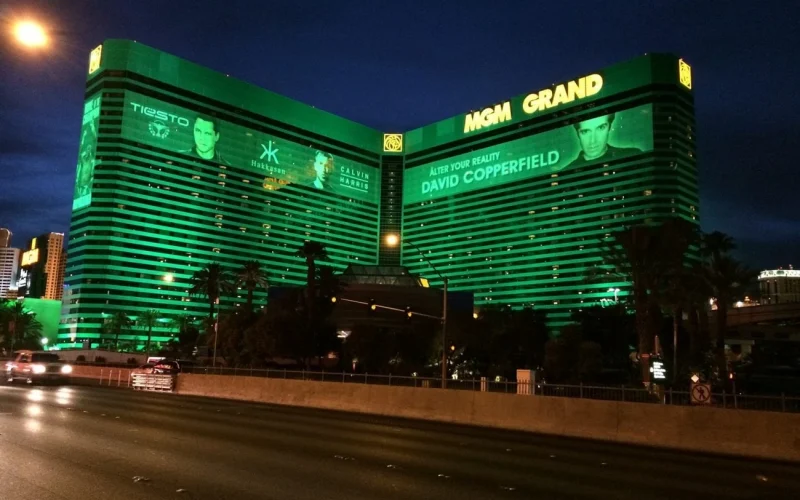The Hong Kong Jockey Club (HKJC) has hit out at a proposal from the New People’s Party (NPP) to increase the region’s football betting duty by an additional 30%, saying the plan lacks “understanding”.
The current rate is set at 50% on net stake receipts, but the NPP proposal would increase this to 80%, which in turn would mean the HKJC would have to pay significantly more tax.
The HKJC estimated that if the duty change was to be approved, the amount it pays in tax would jump from the current HK$25.00bn (£2.58bn/€2.94bn/US$3.19bn) to HK$31.00bn, while revenue would fall from HK15.00bn to HK$9.00bn, a decline of 40%.
“It will result in a zero surplus at best or more likely a negative one, preventing the Club from making necessary investments to secure its future and from contributing to the community,” the HKJC said.
“In reality, however, consumer behaviour can be highly dynamic. Any perturbation such as a tax increase, or simply the perception of such, could easily result in a disproportionate response, even if the tax increase is not immediately passed on to consumers directly.
“The change in demand triggered by a perceived price change in the wagering business would be substantial.”
The HKJC remains the only licensed betting operator in Hong Kong, but faces competition from other, offshore brands that are active in the market and not subject to tax duty rates as they operate illegally without a licence.
This, the HKJC said, is primarily because Hong Kong already has the highest betting duty rates in the world. It added that any increase football betting duty would reduce the Club’s competitiveness and drive more people to bet with illegal and offshore bookmakers.
“We would like to reiterate that the NPP’s proposal represents a lack of understanding of the competition in the wagering market and the Club’s investment and business,” the HKJC said.
“It will create irreversible damage to Hong Kong by destroying the Club’s longstanding successful business model and Hong Kong’s world status as a leading racing jurisdiction and will jeopardise the public interest of Hong Kong.”




